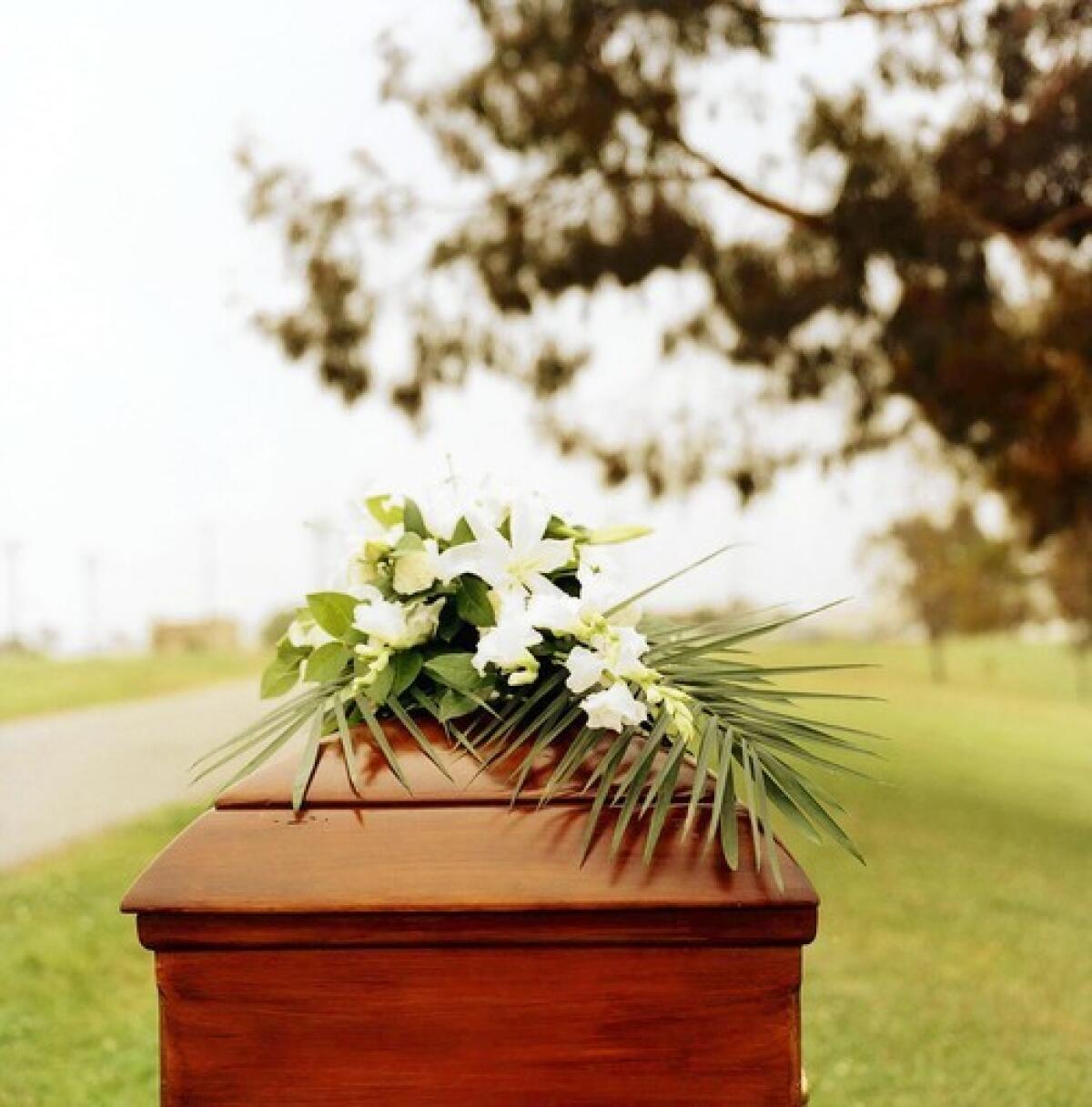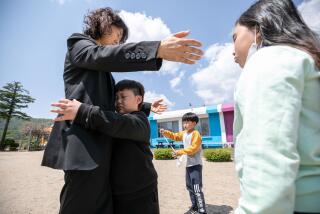My Turn: Carrying on in the wake of tragedy

I like to help people. Tell me what’s wrong, and I’ll take on anyone and anything to try to make it better. Then news came about a boy, and everything changed.
A family in our community lost their teenage son when he fell from the fifth-floor balcony of his apartment at college. He was smart, kind and gregarious — a boy with a twin brother, a kid brother and loving parents. One night he leaned too far over his balcony in the darkness and plummeted to his death.
Everyone wanted to know the particulars — whether he was drunk or did it purposefully, who was with him, whether it could have been prevented. It’s human nature, of course, as if the details will provide information that distances us and our families from similar fates. It’s the same instinct that prompts people to ask whether a lung cancer patient was a smoker or if a robbery victim flaunted his wealth.
I’m no different. My immediate response was to ask questions, to fill in the gaps of the story told by my youngest son. Perhaps it’s the result of watching thrillers and cop shows in which there’s always a plot to unravel, and the reason for a death is neatly tied up in the end. In real life, not all events leading up to a tragedy are dark or out of the ordinary. Sometimes it simply boils down to a split-second decision, the effects of which nobody — not even the person who made it — saw coming.
The news of the boy’s fall left me wanting to wrap my own kids in a bubble. Or give them a pair of those shoes toddlers wear, the ones that squeak with every step so you always know where they are. I wondered about their availability in a men’s size 13, and whether I could hear them squeak 1,500 miles away.
With one son barely off to college and the other holding a new driver’s license — a time when they are just venturing forth and learning to make their own decisions — the tragedy really struck home. Isn’t that the thing about tragedies? They remind us that no one is immune to them and that the only things you can control are the choices you make.
So what do we say to kids during the inevitable discussions that follow this kind of loss? What do parents, aunts, uncles, grandparents and teachers say that won’t sound like a cliche or be self-contradictory?
I can only fall back on the “pause button” theory I read about years ago: Go out and live life to the fullest — but before acting on an impulse, take 20 seconds and consider the implications of what could happen. This is the part that so many teenagers never consider. Until that prefrontal cortex matures, you can only hope that, with repetition, it becomes habit.
And what about us — how do we move forward after a tragedy? For me, it’s about reframing an idealized picture of life — one that was never guaranteed to begin with. Though the loss of a child is in a category all its own, I’m reminded of the reframing I did while undergoing radiation therapy for cancer years ago: When you’ve reached a bad ending, choose to make it a middle instead.
Life is a continuum, full of middles that define us and connect us to ourselves and each other. The middle reminds us there is more living to do, and plenty more broken things to try to fix.
Shultz is a Dallas-based freelance writer and editor who blogs about life after 50 on Huff/Post50. She can be reached at shultzmt@verizon.net.
My Turn is a forum for readers to recount an experience related to health or fitness. Submissions should be 500 words or fewer, are subject to editing and condensation and become the property of The Times. Email health@latimes.com. Read more at latimes.com/myturn.
More to Read
Start your day right
Sign up for Essential California for news, features and recommendations from the L.A. Times and beyond in your inbox six days a week.
You may occasionally receive promotional content from the Los Angeles Times.






